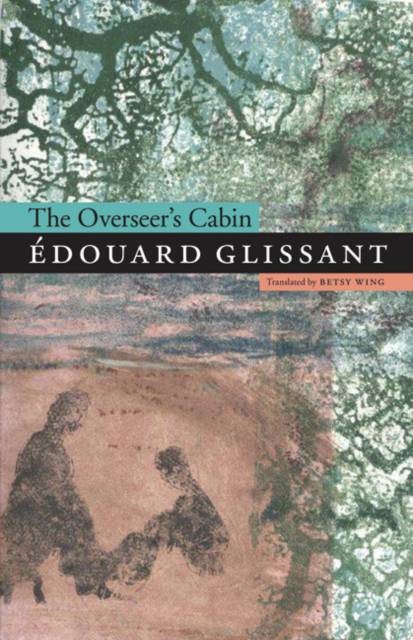
Bedankt voor het vertrouwen het afgelopen jaar! Om jou te bedanken bieden we GRATIS verzending (in België) aan op alles gedurende de hele maand januari.
- Afhalen na 1 uur in een winkel met voorraad
- In januari gratis thuislevering in België
- Ruim aanbod met 7 miljoen producten
Bedankt voor het vertrouwen het afgelopen jaar! Om jou te bedanken bieden we GRATIS verzending (in België) aan op alles gedurende de hele maand januari.
- Afhalen na 1 uur in een winkel met voorraad
- In januari gratis thuislevering in België
- Ruim aanbod met 7 miljoen producten
Zoeken
Omschrijving
With Édouard Glissant's The Fourth Century, the Village Voice observed, "we get the full effect of his overarching project: a literary exorcism of Martinique's scarred psyche and past, a lingering cry against the 'black hole of time and forgetting.'" Glissant, "one of the most significant figures in Caribbean literature" (Washington Post), continues that project in The Overseer's Cabin, conjuring in one woman's story centuries knotted together by unknown blood, voiceless suffering, and death without echo.
Beginning with the birth in 1928 of Mycea, the last of the intertwining ancestral families introduced in The Fourth Century, and ending with her release from an asylum in 1978, the novel moves back and forth across a framework that weaves the story of Mycea's family against the legacy of Martinique as an island whose history and indigenous people have all but been erased. From the beginnings of Mycea's family in the tale of two blood brothers, both named Odono, to its ending with the fate of her two sons, the novel encapsulates the island's destiny in one Martinican woman's plight. With the past irretrievable and the future in doubt, Mycea journeys inward, finding in her connection to the land of Martinique, and to the seafloor littered with drowned slaves, a reality, and a possibility, uncolonized by others' history.
Beginning with the birth in 1928 of Mycea, the last of the intertwining ancestral families introduced in The Fourth Century, and ending with her release from an asylum in 1978, the novel moves back and forth across a framework that weaves the story of Mycea's family against the legacy of Martinique as an island whose history and indigenous people have all but been erased. From the beginnings of Mycea's family in the tale of two blood brothers, both named Odono, to its ending with the fate of her two sons, the novel encapsulates the island's destiny in one Martinican woman's plight. With the past irretrievable and the future in doubt, Mycea journeys inward, finding in her connection to the land of Martinique, and to the seafloor littered with drowned slaves, a reality, and a possibility, uncolonized by others' history.
Specificaties
Betrokkenen
- Auteur(s):
- Vertaler(s):
- Uitgeverij:
Inhoud
- Aantal bladzijden:
- 224
- Taal:
- Engels
- Reeks:
Eigenschappen
- Productcode (EAN):
- 9780803234796
- Verschijningsdatum:
- 1/05/2011
- Uitvoering:
- Paperback
- Formaat:
- Trade paperback (VS)
- Afmetingen:
- 140 mm x 217 mm
- Gewicht:
- 303 g

Alleen bij Standaard Boekhandel
+ 55 punten op je klantenkaart van Standaard Boekhandel
Beoordelingen
We publiceren alleen reviews die voldoen aan de voorwaarden voor reviews. Bekijk onze voorwaarden voor reviews.









